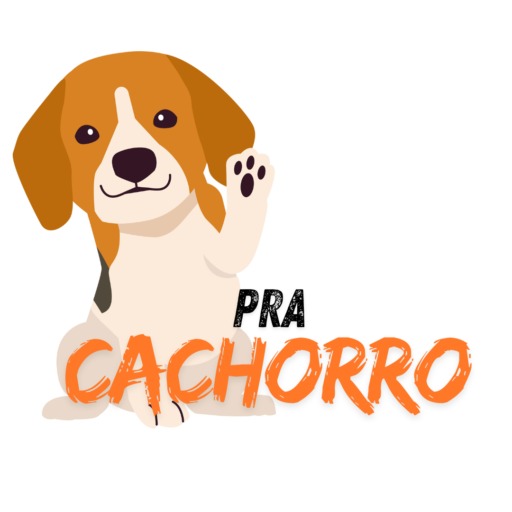Health and Quality of Life for Aging Dogs
As dogs age, their needs change significantly. Just like humans, senior dogs require special care to ensure a healthy and comfortable life. The senior stage begins around seven years of age for medium and large breeds, while smaller breeds may take longer to reach this phase.
With age, dogs may face challenges such as arthritis, hearing and vision loss, dental issues, and even chronic diseases. Therefore, it is essential to adjust their routine, diet, and medical care to keep them happy and healthy. This guide covers essential aspects of senior dog care, including nutrition, exercise, health monitoring, and more.
Proper Nutrition for Senior Dogs
Nutrition is one of the most critical factors in keeping a senior dog healthy. As dogs grow older, their metabolism slows down, and their nutritional requirements change.
- Senior-Specific Dog Food – Special formulas are designed to meet the needs of aging dogs, with fewer calories and ingredients that support joint and digestive health.
- High-Quality Proteins – Protein remains essential for muscle maintenance but should be easy to digest, such as chicken or fish.
- Low-Fat Diet – Since older dogs are less active, excess fat can lead to obesity, which puts strain on joints and internal organs.
- Supplements – Some dogs benefit from supplements like omega-3 (for skin and joint health), chondroitin, and glucosamine (for mobility support).
- Hydration – Senior dogs may have a reduced sense of thirst, so it’s important to ensure they stay well-hydrated.
Exercise and Mental Stimulation
Even though senior dogs may not have the same energy levels as before, physical activity is still essential to maintain joint health and prevent weight gain.
- Short and Frequent Walks – Instead of long walks, opt for shorter, more frequent outings to prevent excessive fatigue.
- Adapted Playtime – Avoid activities that require jumping or sudden movements. Light fetch games with soft toys are great alternatives.
- Mental Stimulation – Environmental enrichment is crucial for keeping the mind active. Interactive toys, basic training commands, and simple challenges help prevent cognitive decline.
Health Monitoring
As dogs age, some diseases become more common, making regular check-ups essential.
- Frequent Vet Visits – Senior dogs should see the veterinarian at least twice a year for preventive exams.
- Blood Tests and Imaging – Regular monitoring helps detect kidney disease, diabetes, and heart conditions early.
- Dental Health – Tartar buildup can lead to infections and systemic problems. Regular tooth brushing and professional cleanings are vital.
- Vision and Hearing Monitoring – Many senior dogs develop cataracts or gradual hearing loss. Keeping their environment consistent and avoiding sudden changes helps with adaptation.
Adapting the Environment
Small changes in the home can significantly improve the quality of life for an aging dog.
- Comfortable Beds – Provide a soft, warm sleeping area, preferably orthopedic beds to relieve joint pressure.
- Easier Access – If your dog has trouble climbing onto furniture or getting into the car, ramps or pet stairs can be helpful.
- Non-Slip Flooring – Rugs or anti-slip mats prevent slipping and falling, especially for dogs with arthritis.
Conclusion
Caring for a senior dog requires special attention, but this stage is filled with love and gratitude. Small adjustments in routine, proper nutrition, health monitoring, and affection are key to ensuring a comfortable and happy old age.
Enjoy every moment with your four-legged friend because, even in their golden years, they remain loyal companions full of love to give.
FAQs – Special Care for Senior Dogs
1. How can I tell if my dog is entering old age?
The signs vary by breed, but common indicators include reduced activity levels, appetite changes, difficulty climbing stairs, and graying fur.
2. What is the best diet for a senior dog?
Senior dogs need a balanced diet, rich in high-quality protein and low in calories to prevent weight gain. Consult a veterinarian to choose the best food or natural diet.
3. Do senior dogs still need exercise?
Yes! Moderate activities, such as short walks and gentle playtime, help maintain muscle strength, joint health, and mental stimulation.
4. How can I take care of my senior dog’s joint health?
Invest in supplements like chondroitin and glucosamine, maintain a healthy weight, and provide soft bedding to reduce joint pressure.
5. How often should I take my senior dog to the vet?
Check-ups every six months are recommended to monitor overall health, detect diseases early, and adjust diet or medications as needed.



